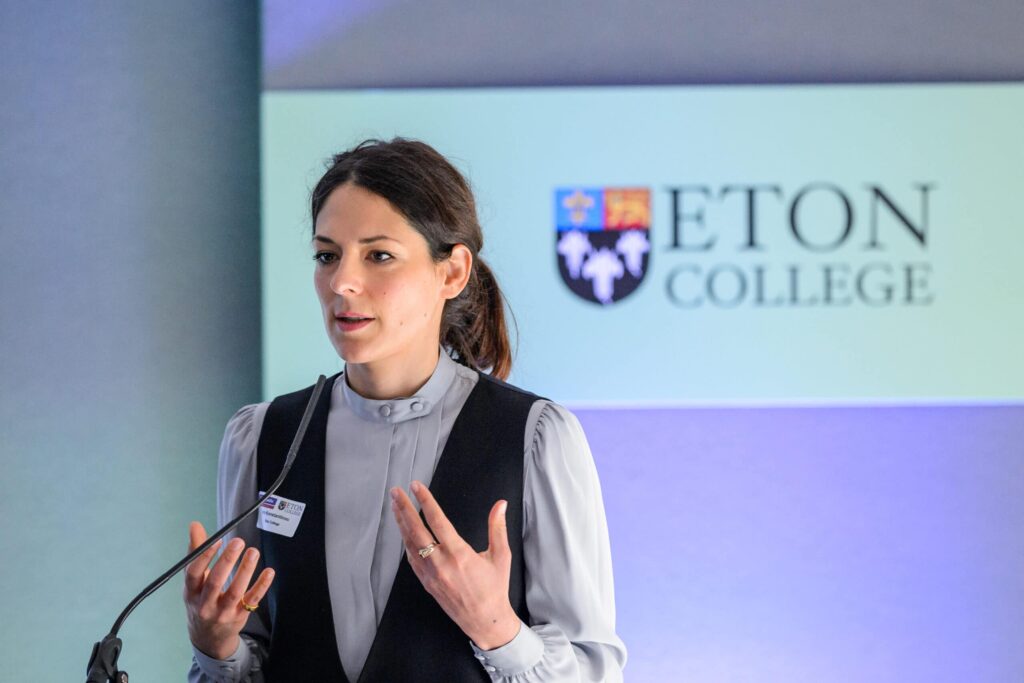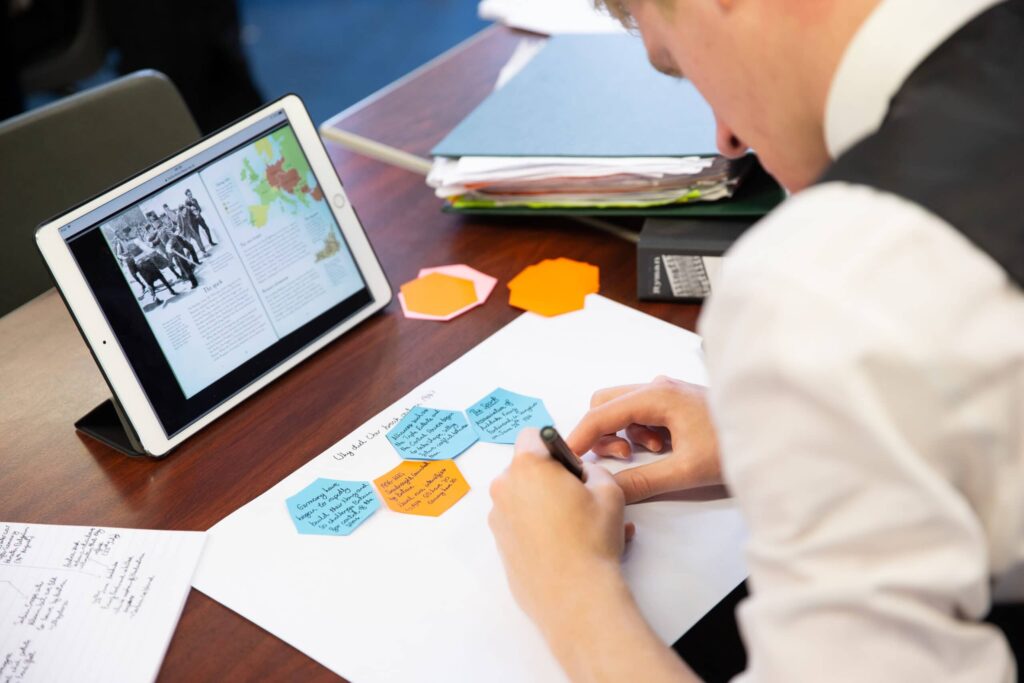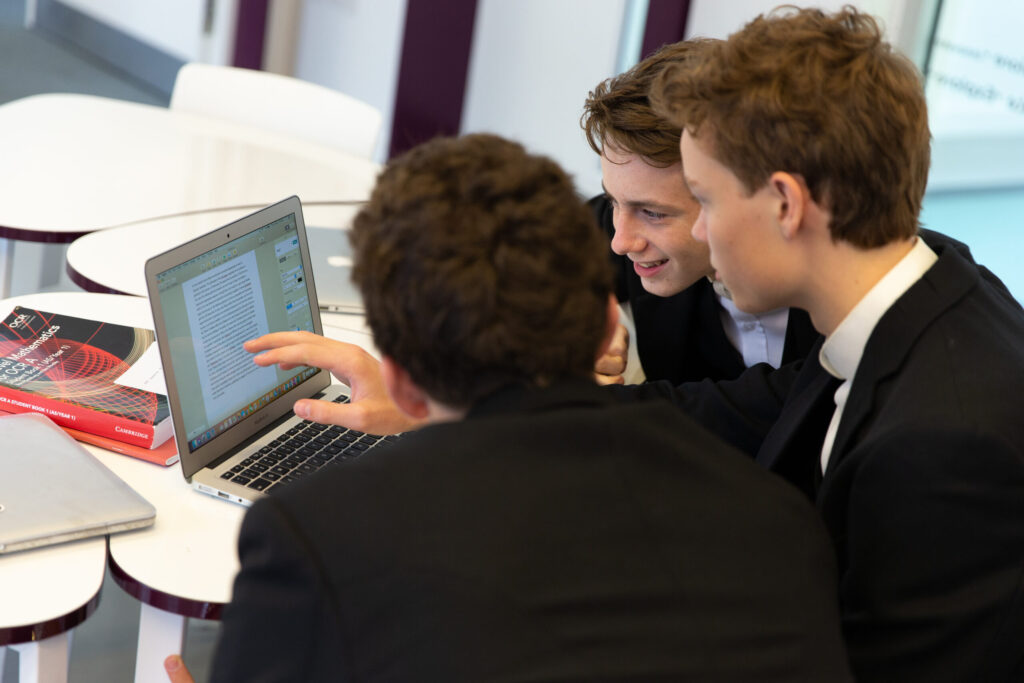The impact of Covid-19 on education has resulted in a number of questions, debates, discussions, and research projects among educationalists and academics around the world. The debates centre primarily around whether everything will go back to ‘business as usual’ or whether there will be – or should be – lasting changes. A chorus of voices is calling for using the current crisis as an opportunity for reimagining education for the future.
Many emphasise the role of technology and how pedagogical practices might change as a result of our increased reliance on technology and online learning. For example, the World Economic Forum points to four areas which, it argues, will need to change in education: to start teaching students about the interconnected issues facing the world; to redefine the role of the educator as one who does more than teach students knowledge; to teach life skills for the future; and to unlock technological potential. Douglas Harris makes a similar point on technology and online learning, discussing the changes that took effect in New Orleans after Hurricane Katrina. The World Bank has looked into the capability of distance learning in Europe and Asia, and they have found that currently there are distinct gaps in terms of its implementation, deriving from teacher readiness, Internet infrastructure, level of access to laptops, online tools, resources and assessments, and level of integration into everyday teaching and learning practices. However, they conclude that there are great opportunities, if these challenges are overcome, to tap into the potential of technology to enhance educational outcomes.
The other main focus of discussion of the impact of Covid-19 on education is how this current crisis exacerbates educational inequalities. Looking at the statistics from the Education Policy Institute, published in 2019, we learn that:
- The gap in GCSE attainment between disadvantaged pupils and non-disadvantaged pupils has stopped closing.
- For the most persistently disadvantaged pupils the gap has narrowed at primary level but widened at secondary level. This means that these pupils – the very worst-off – are almost two years (22.6 months) behind all other pupils by the time they finish their GCSEs.
- Large disadvantage gaps remain well-established in several areas in England but are particularly acute in the North. In Rotherham and Blackpool, poorer pupils are trailing their peers by over two years by the time they finish their GCSEs, on average.
- In recent years, the closure of the disadvantage gap has dramatically slowed down to the extent that the five-year rolling average now suggests that it would take 560 years to close the gap.
It is likely that this crisis will contribute negatively to those statistics. (For example, see this blog post by the Director of the Sutton Trust, this report by University College Dublin, and this paper in the Lancet which discusses the detrimental social and health consequences on children living in poverty as a result of school closures.) Despite the efforts of the government to provide laptops for disadvantaged pupils so they are able to study at home and attempts of the wider educational community to share good practice and leave their educational debates out of Twitter for a short while, we still know that only about 5% of the children in the high-risk categories attend school during lockdown, causing concerns for not only their academic attainment but also their welfare.
Lastly, there are a growing number of voices who suggest that this crisis should result in a more humane form of education. The Chartered College of Teaching have published a report which looks at the effects that might result from stress, grief, and trauma experienced by teachers and students alike during a time of crisis. For example, they have found that some studies suggest that children who experienced wider crises were not affected after two to four years, while others propose that there are long-lasting effects on socio-emotional and academic development.
Geoff Barton, the general secretary of the Association of School and College Leaders, argues that when schools re-open, Ofsted inspections and performance tables should not resume immediately to allow teachers and pupils to regain the habits of learning and become reacquainted with the routines of school life. He hopes for a rebirth of education where it will be demonstrated that ‘it’s the human stuff that matters in education – the relationships, the socialisation of young people, the sense of an older generation preparing the next generation to take their place’. Similarly, John Tomsett, headteacher of Huntington school in York, believes that this crisis will ensure a shift of focus as to what is considered important in education. He suggests that, for example, no one in the future will belittle qualifications in subjects like health and social care again, seeing the importance such professions had in ensuring our wellbeing during the crisis.
Despite the growing voices who suggest that education will change forever after this, it is entirely possible that things will go back to ‘business as usual’. Malcolm Gladwell suggests that fundamental changes in people’s habits require some duration. Whereas the Great Depression and the Second World War brought about profound change, he argues that the current lockdown is too short to predict any long-term outcomes in our behaviours and attitudes to normality.
With schools set to start reopening in less a month, it remains to be seen what the effects of Covid-19 will be on education. However, it can be argued that this is a moment in which our routines and practices have been disrupted in a profound way and offers a valuable opportunity to rethink what education is for and reimagine boldly what form it should take in the future. This is the time when innovation, creativity, and evidence can guide the thinking of educators and policymakers. Even though the long-lasting effects are difficult to predict when there is so much uncertainty, this can be described as a moment for a call for action to rethink norms and practices.




